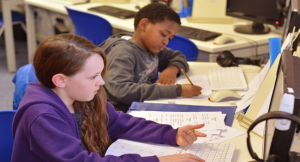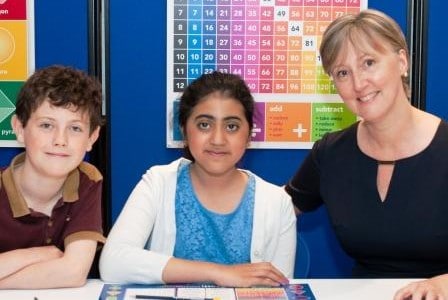Why is there a new National Curriculum and what does it mean?

What’s new in the National Curriculum?
Mainly it means that the government wants to raise standards and put a greater emphasis on core subjects like numeracy and literacy. Although the new curriculum is intended to be more challenging, the content is actually slimmer than the previous curriculum, focusing on essential core subject knowledge and skills such as essay writing and computer programming.
| Subject | What’s new in the Maths & English Curriculum |
|---|---|
| English |
|
| Maths |
|
What does this mean for our tuition?
Our tutors have always had a strong emphasis on handwriting, grammar and spelling in English; as well as times tables and other mental maths skills. We hardly ever let children use calculators! We have also sourced a new set of English and maths activities which support your child’s leaning and, as a result, we will be trading under a new name. From Mon 11th April we are delighted to announce that we will be known as I Love to Learn Professional Tuition.





